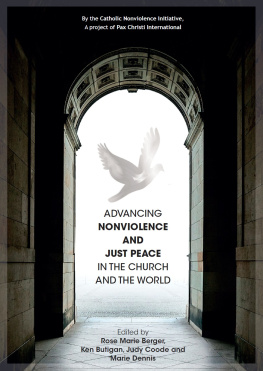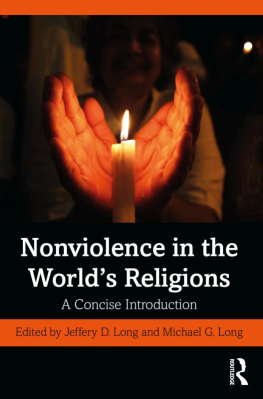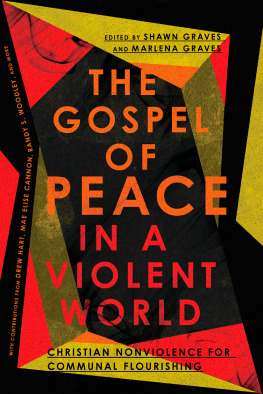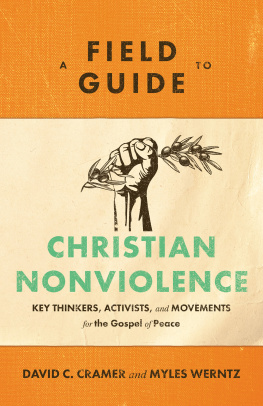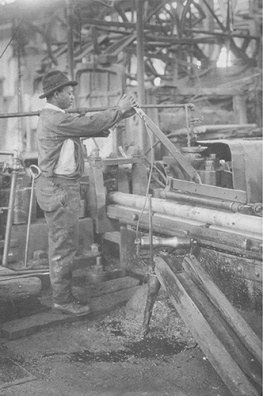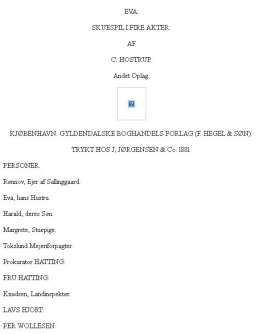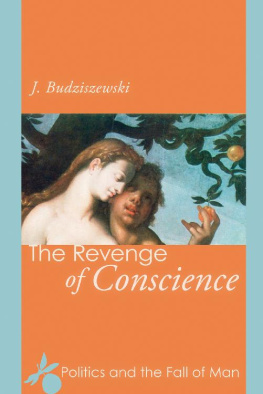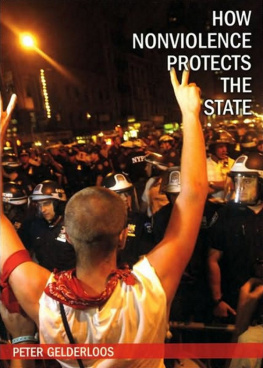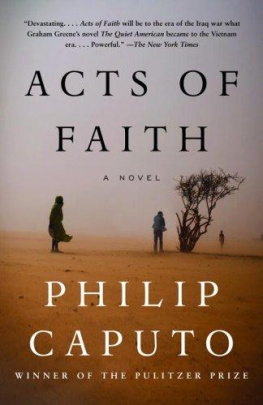Joseph Kip Kosek - Acts of Conscience: Christian Nonviolence and Modern American Democracy
Here you can read online Joseph Kip Kosek - Acts of Conscience: Christian Nonviolence and Modern American Democracy full text of the book (entire story) in english for free. Download pdf and epub, get meaning, cover and reviews about this ebook. year: 2011, publisher: Columbia University Press., genre: Politics. Description of the work, (preface) as well as reviews are available. Best literature library LitArk.com created for fans of good reading and offers a wide selection of genres:
Romance novel
Science fiction
Adventure
Detective
Science
History
Home and family
Prose
Art
Politics
Computer
Non-fiction
Religion
Business
Children
Humor
Choose a favorite category and find really read worthwhile books. Enjoy immersion in the world of imagination, feel the emotions of the characters or learn something new for yourself, make an fascinating discovery.

- Book:Acts of Conscience: Christian Nonviolence and Modern American Democracy
- Author:
- Publisher:Columbia University Press.
- Genre:
- Year:2011
- Rating:4 / 5
- Favourites:Add to favourites
- Your mark:
- 80
- 1
- 2
- 3
- 4
- 5
Acts of Conscience: Christian Nonviolence and Modern American Democracy: summary, description and annotation
We offer to read an annotation, description, summary or preface (depends on what the author of the book "Acts of Conscience: Christian Nonviolence and Modern American Democracy" wrote himself). If you haven't found the necessary information about the book — write in the comments, we will try to find it.
Joseph Kip Kosek: author's other books
Who wrote Acts of Conscience: Christian Nonviolence and Modern American Democracy? Find out the surname, the name of the author of the book and a list of all author's works by series.
Acts of Conscience: Christian Nonviolence and Modern American Democracy — read online for free the complete book (whole text) full work
Below is the text of the book, divided by pages. System saving the place of the last page read, allows you to conveniently read the book "Acts of Conscience: Christian Nonviolence and Modern American Democracy" online for free, without having to search again every time where you left off. Put a bookmark, and you can go to the page where you finished reading at any time.
Font size:
Interval:
Bookmark:
and Modern American Democracy

BR517.K67 2009
261.80973dc22
CUP would be pleased to hear about your reading experience with this e-book at .
| July 1918 issue of the YMCA journal Association Men. |
| John Haynes Holmes at the grave of Theodore Parker. |
| Conscientious objectors at Fort Riley, Kansas. |
| Edmund Chaffee. |
| Sherwood Eddy. |
| Kirby Page. |
| New York American cartoon. |
| John Nevin Sayre and Robert Cuba Jones in Jinotega, Nicaragua. |
| Special issue of the World Tomorrow devoted to Mohandas Gandhi. |
| Richard Gregg. |
| Fellowship of Reconciliation Interracial Student Conference at Le Moyne College in Memphis. |
| Reinhold Niebuhr. |
| A. J. Muste. |
| Bayard Rustin addressing conscientious objectors at a Civilian Public Service camp. |
| Gordon Hirabayashi as a student at the University of Washington. |
| James Farmer. |
| George Houser speaking at the 1951 Interracial Workshop in Washington, D.C. |
| Martin Luther King and the Montgomery Story comic book. |
| First integrated bus in Montgomery, Alabama. |
| A. J. Muste speaking at a 1964 antiwar rally in New York City. |
| CORE | Congress of Racial Equality |
| CPS | Civilian Public Service |
| FOR | Fellowship of Reconciliation |
| IWW | Industrial Workers of the World |
| MIA | Montgomery Improvement Association |
| MOWM | March on Washington Movement |
| NWLB | National War Labor Board |
| SDS | Students for a Democratic Society |
Font size:
Interval:
Bookmark:
Similar books «Acts of Conscience: Christian Nonviolence and Modern American Democracy»
Look at similar books to Acts of Conscience: Christian Nonviolence and Modern American Democracy. We have selected literature similar in name and meaning in the hope of providing readers with more options to find new, interesting, not yet read works.
Discussion, reviews of the book Acts of Conscience: Christian Nonviolence and Modern American Democracy and just readers' own opinions. Leave your comments, write what you think about the work, its meaning or the main characters. Specify what exactly you liked and what you didn't like, and why you think so.

